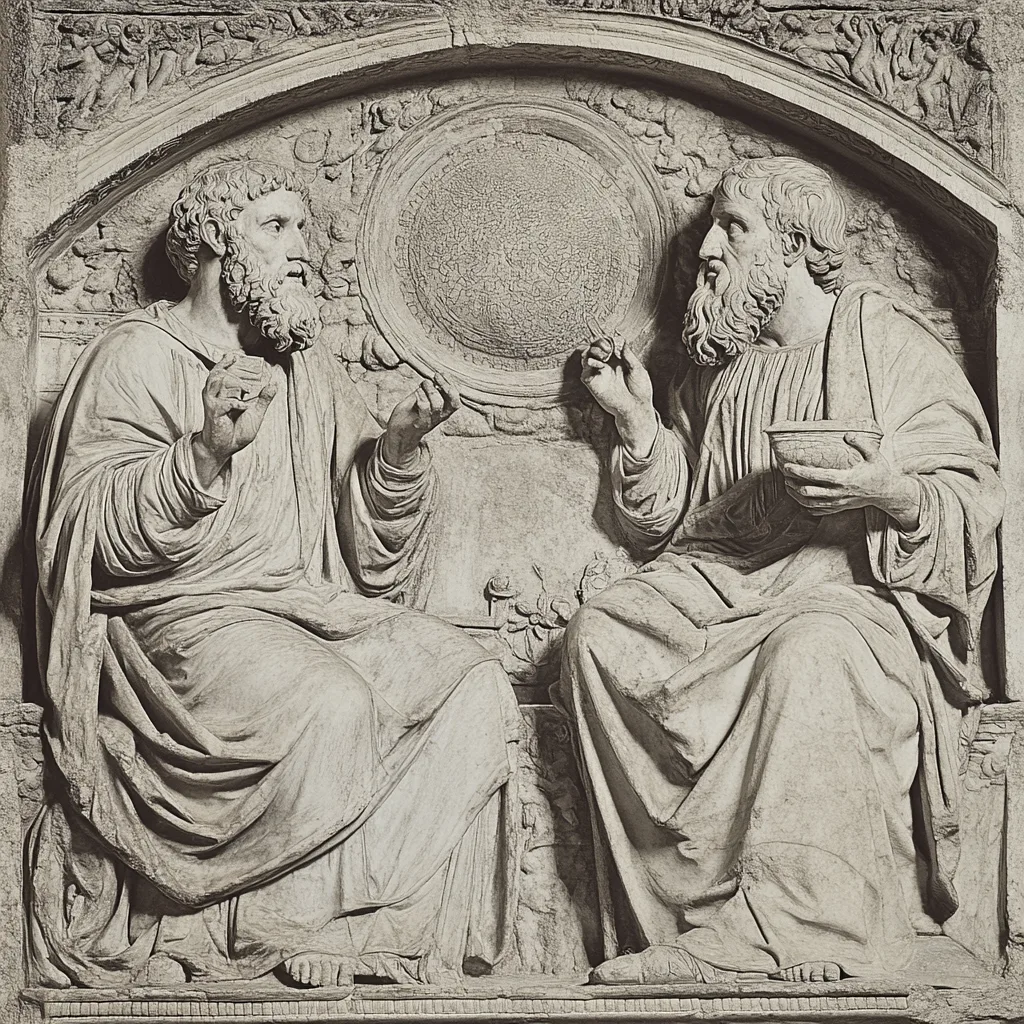This is continued from part 1 and part 2.
Purchase a copy of “On Original Sin, Vol. 1” here! (affiliate link)
The Extent of Original Sin
Vermigli’s depiction of original sin is that it is an entire corruption of human nature. It is a corruption entirely throughout, though not an entire corruption such that the mind and affections are utterly wicked. Rather, every aspect of human nature is twisted, and turned against God. Throughout his work Vermigli refers to it variously as a contagion, a kindling, a depravity, a corruption, an impurity, a weakness. With the mingling of these metaphors, Vermigli means to show that it is an insidious, powerful, and all-pervasive issue.

Original sin permeates the entire human person and “indwells” us. For this reason, original sin is often called “indwelling sin”. Indwelling sin is complicated and pervasive. Indwelling sin isn’t stagnant. It effects change in various elements of the human person, as each element relates to another. According to Vermigli, the faculties of the soul are intricately interrelated to one another, as well as intricately related to the body. Not only do the soul and body have effects upon each other, the various faculties of the soul have effects on each other. He points out that Augustine argued something similarly, saying, “From the corruption of the affections, the mind is blinded and the will corrupted.” That is, the body is supposed to obey the will, and the will submit to the mind. But, because of the complex interrelation of the faculties, and their corruption in original sin, this order is upended. “The body does not obey the mind to do good things, and that lusts are resistant to the mind and want to dominate it, and that reason is opposed to God” (p. 25).
This pattern of pervasive, indwelling corruption is not asked for by humanity. Though we do not ask for this, we still have it. Some might wonder why God would treat something unasked for as a sin, but it is sin in that it is against what is godly. “Those initial mental impulses and our corrupt nature are sins“…”when we are inclined to those things that God’s law forbids…it is indisputable that we must be said to sin” (p. 85) In fact, all the well-known “vices” are actually the result of more formidable, intrinsic vices, which come from this indwelling original sin. The corruption of the affections, blinding of mind, and corruption of will are all vices (p.22): The mind is spiritual, but it is called flesh when it is in a state of not being born again (p. 39). The heart is blind, and the mind is ignorant (p. 37). The ignorance of the mind towards God is a sin (p. 37). Our reason is corrupt (p. 39). The will is corrupted, as well as the affections (p. 37-38). He says of “impestuous and violent affections” that, “If these things must be put to death and crucified, as certainly they must, we must say that they are vices and hateful to God” (p. 15). Not only the affections, but also the body is affected with vices. “The body…has fallen from its own nature so that it rebels and is averse to the mind” (p. 40). Every level of the human person is therefore intricately related with both indwelling (original) sin, as well as the various actual vices that flow from them.
This description of original sin is extraordinarily similar to the Reformed doctrine of total depravity. The Westminster Confession of Faith describes it this way, “By this sin they fell from their original righteousness and communion with God, and so became dead in sin, and wholly defiled in all the parts and faculties of soul and body“. They also call it, “original corruption, whereby we are utterly indisposed, disabled, and made opposite to all good, and wholly inclined to all evil” (WCF 6.2, 6.4). Vermigli’s view of the corruption and extent of original sin is certainly in line with Westminsterian views. But what about other aspects of original sin? We’ll take a look at that in upcoming posts.
Continued in part 4.




Leave a Reply